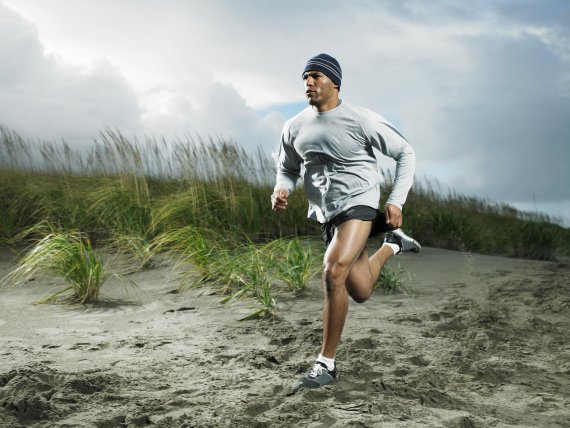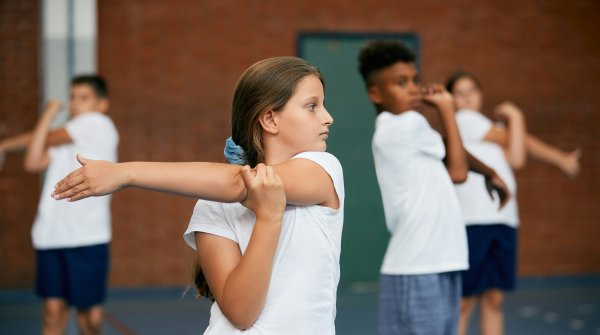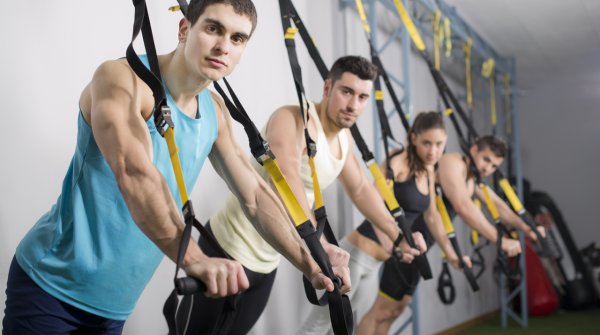
Which part of the brain generates stress?
It is a highly complex process. Acute stress is generated in the frontal cortex. Phylogenetically, the anterior lobe is the youngest section of our brain, and it constantly sorts and processes an extremely high amount of information. Together with our long-term memory it is what makes deliberate, socially adequate actions possible. The frontal cortex basically works like the memory of a computer. Let’s just say that when stress occurs, too many programs are open. The anterior lobe is flooded with too much data it can no longer process appropriately. The computer slows down and continues to slow even further because more and more data has to be processed and the computer’s capacity is not sufficient to do so.
What happens next? How do we react to this?
The archaic mode of reaction is physical: we want to run away or become aggressive. However, we do not channel stress, we internalize it, contrary to ancient peoples’ reactions. They might have met a mammoth, and were stressed, as they were extremely hungry at the time. They decided to hunt the animal. Physical activity is our rudimentary answer to stress.
So exercise will help modern man reduce stress?
Basically, yes. Sports and other high-level physical activities require a different process in the brain than rational action: exercise is controlled by the motor cortex. As an example: if you consider how far robotics have advanced these days, however, there is still no robot that can walk or run or kick a ball properly. Physical movements are complicated and require an immense amount of processing capacity, which is often underestimated. Walking and running – for us seemingly simple tasks. However, if the motor cortex is dominant, the frontal cortex lacks resources. So activity is reduced accordingly and stress dissipates.
The pressure disappears if I go jogging around the block?
It will only work if you have a positive relationship with the sport. It is also very important to consider the level of demand on yourself. If you exaggerate or become too ambitious, you’ll just create new stress instead of reducing it. And if your goals are too low, you may remain stuck in the stress and brooding cycle.
Let’s just say I find the right level; would this also mean that my mental balance would be better than without physical activity?
I am relatively certain about that. Though there have not been any major epidemiologic studies performed on that yet. However, a recent analysis was made of a small population group in Papua New Guinea, who had to move from a rural area to an urban environment. It showed that the migration caused a considerable increase in high blood pressure and mental problems. I believe that any reduction in physical activity will have a negative effect on our physical and spiritual balance. The implication is not unavoidable but there is a definite trend.
Can stress be reduced only with regular exercise or is a hiking trip on the weekend sufficient?
You can probably even just enjoy a glass of wine or watch some mindless TV program. Stress reduction works best when you are self-aware of the best ways to get rid of the pressure. In any case, you should never overtax yourself: I find this fitness trend that is telling us we have to do this and that and more, completely exaggerated. Sports and exercise certainly offer great benefits by impacting us at the physical and mental level at the same time. However, if people are on their feet all day long, such as a nurse or geriatric care worker, they most likely will not want to start exercising in the evening after they get home. Someone like that has to find a different way to find a balance. It can be meditation, a glass of wine or even a prayer.
Stefan Schneider
researches the correlation between sports, stress and spirituality at the Institute for Kinesiology and Neurosciences at the German Sport University Cologne. Among other results, he recognized that frequent jogging triggers comparable brain reactions to prayer. “Both cause specific neurophysiologic changes that come very close to the Principle of Flow (experiencing complete happiness, fulfillment and wellbeing).”
- ISPO awards
- Mountain sports
- Bike
- Design
- Retail
- Fitness
- Health
- ISPO Job Market
- ISPO Munich
- ISPO Shanghai
- Running
- Brands
- Sustainability
- Olympia
- OutDoor
- Promotion
- Sports Business
- ISPO Textrends
- Triathlon
- Water sports
- Winter sports
- eSports
- SportsTech
- OutDoor by ISPO
- Heroes
- Transformation
- Sport Fashion
- Urban Culture
- Challenges of a CEO
- Trade fairs
- Sports
- Find the Balance
- Product reviews
- Newsletter Exclusive Area
- Magazine






